So much of the success of your garden depends on the quality of your soil and begins with adding organic matter. There are many methods we’ve discussed in other blog posts to help build the soil’s organic matter, such as building hugel beds, sheet mulching, and keeping your leaves, but what about amending existing soils?

It’s important to know what type of soils you are trying to build when choosing amendments. Woody plants prefer fungal-rich soils. This can be achieved by encouraging mycelium (the root structure of fungus) through the use of leaf mold and wood chips as the mulching layer. Herbaceous plants, flowers, and vegetables tend to prefer bacteria-rich soils, which can be achieved through the use of compost, compost tea, and worm castings.
Here are our top 5 soil amendments and their benefits:
Amendment #1: Compost
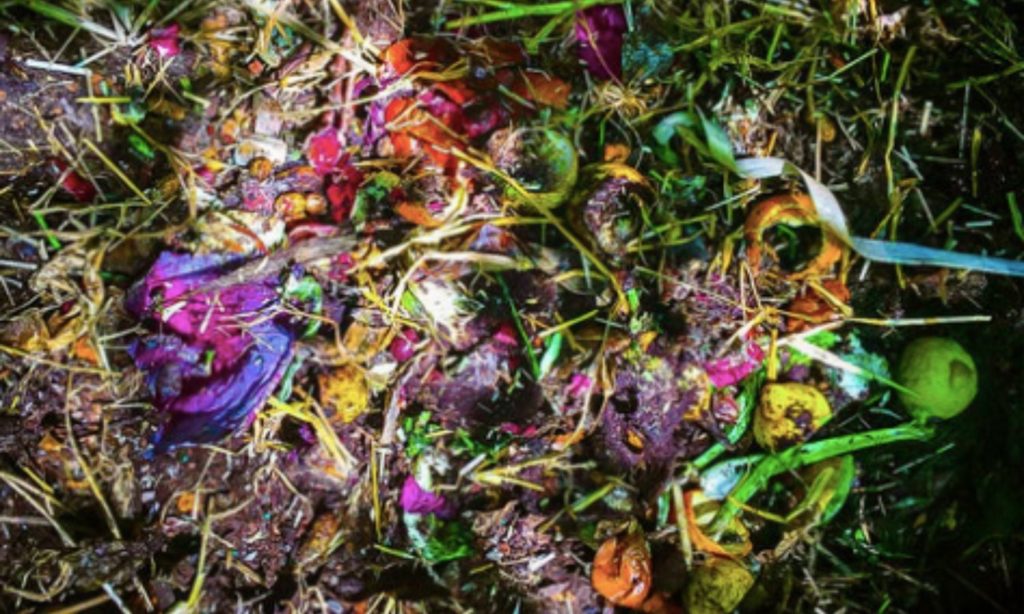
Compost is decomposed organic matter that can be added to plants to help them grow. It’s made up of “green” and “brown,” with green being food scraps, fresh green yard debris, grass clippings, and other sources of nitrogen, and brown being dead leaves, woodchips, sawdust, straw, paper, cardboard, branches, or other sources of carbon. The magic ratio is 2 parts carbon to cover 1 part nitrogen. Over time, thermophilic or “heat-loving” bacteria eat the organic material and produce nutrient-rich soil. The pile should be between 105 and 140 degrees F to encourage these types of bacteria. Just like fire needs oxygen to burn, your pile needs oxygen to heat up. The ideal ratio to achieve desired heat is 3’ x 3.’
Amendment #2: Mulch
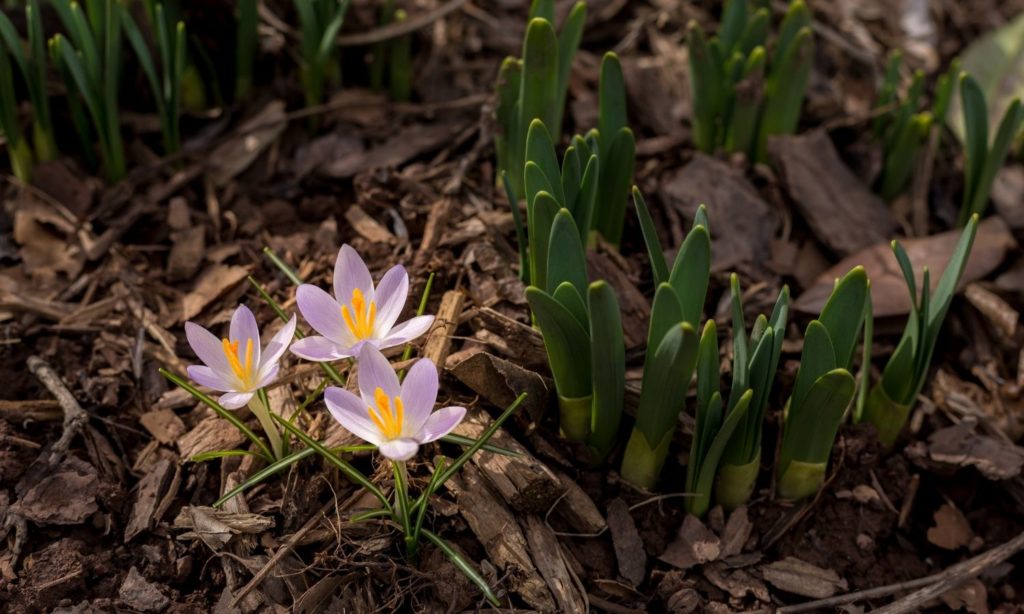
We use mulching as a stop-gap while plants are establishing, rather than the intended finished ground covering. Using triple-ground fine wood chips or composted leaf mulch encourages the quick spread of herbaceous plants instead of chunky wood chips used to suppress weeds. You can also pre-compost your wood chips before adding them to your planting areas to ensure plants will be encouraged to spread. If you get a pile of free wood chips delivered from a tree company, you would do this by letting them sit in the pile for a month or two, so they can begin decomposition. Also worth noting, you should never use fresh wood chips on your planting beds, as they will pull the nitrogen out of your soil to jump-start decomposition, and your plants will suffer. It is also worth noting that pine straw and pine bark mulch are both very acidic, suppressing the ground cover layer. This can be useful in avoiding weeds but detrimental to your plantings and establishing a living mulch.
Amendment #3: Worm Castings
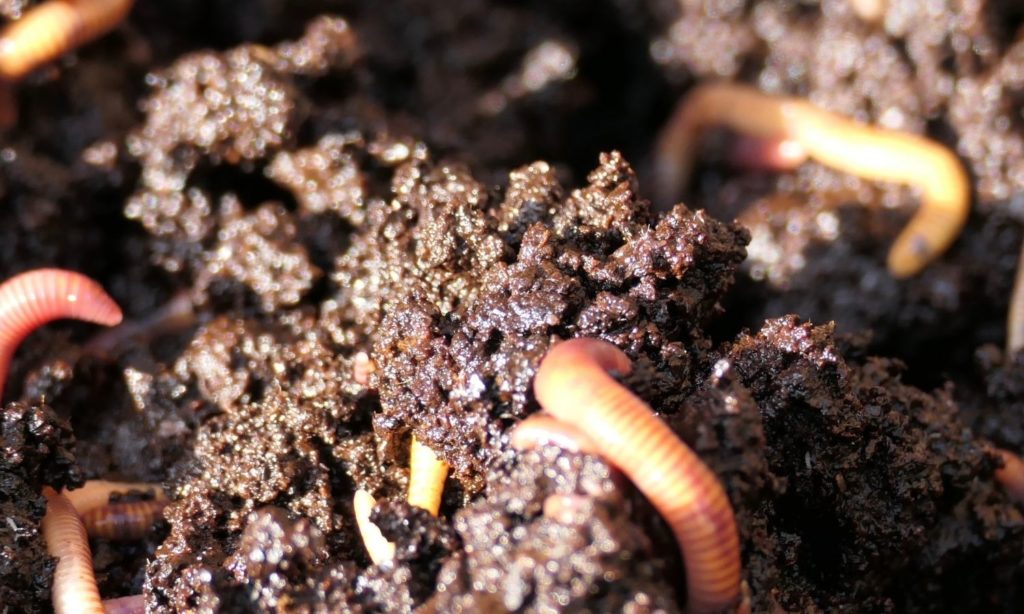
Worm castings are the waste or poo from worms, usually red wigglers. They are created through vermicomposting, where the worms eat through kitchen scraps and turn it into rich waste filled with nutrients for beneficial microorganisms. Worm castings are nutrient-rich for plant health and increase soil aeration and drainage.
Amendment #4: Compost Tea
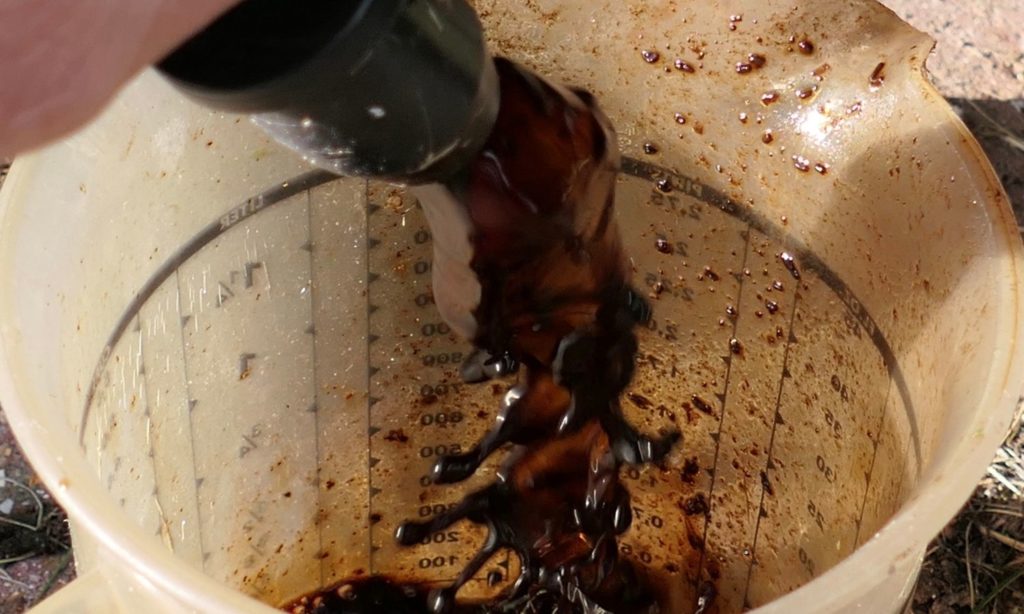
Compost tea is made by aerating a small amount of compost in water, which encourages the rapid growth of beneficial microorganisms in the water. This can then be applied as a liquid fertilizer to the soil. Elaine Ingham, a soil microbiologist with Soil Food Web, argues that the additional growth and root depth generated through the use of compost tea, used on an area the size of California for 3 years, would set us back to pre-Industrial atmospheric carbon levels because of all of the carbon that growth would sequester.
Amendment #5: Biochar
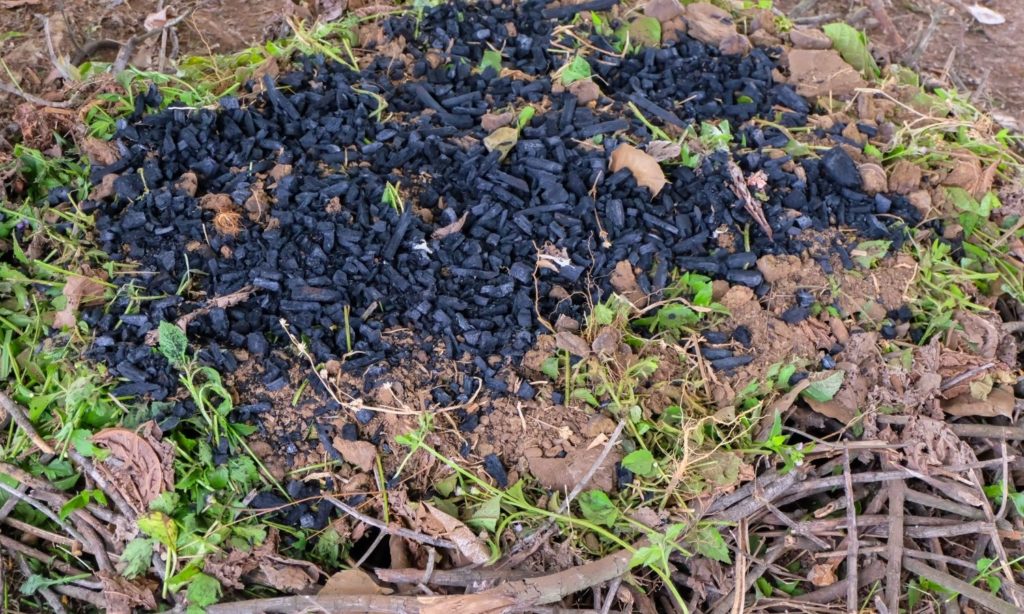
Biochar is an incredible and ancient soil technology made through the slow and low burning of wood, called pyrolysis. This process fixes the carbon in a form that will be stable for thousands of years, keeping it from turning into atmospheric carbon and acting as an outstanding source of soil carbon. The biochar can be inoculated with beneficial microorganisms with compost tea and introduced into the soil planting medium, where it will propagate the rapid growth of the soil microbiome and dramatically increase water infiltration.